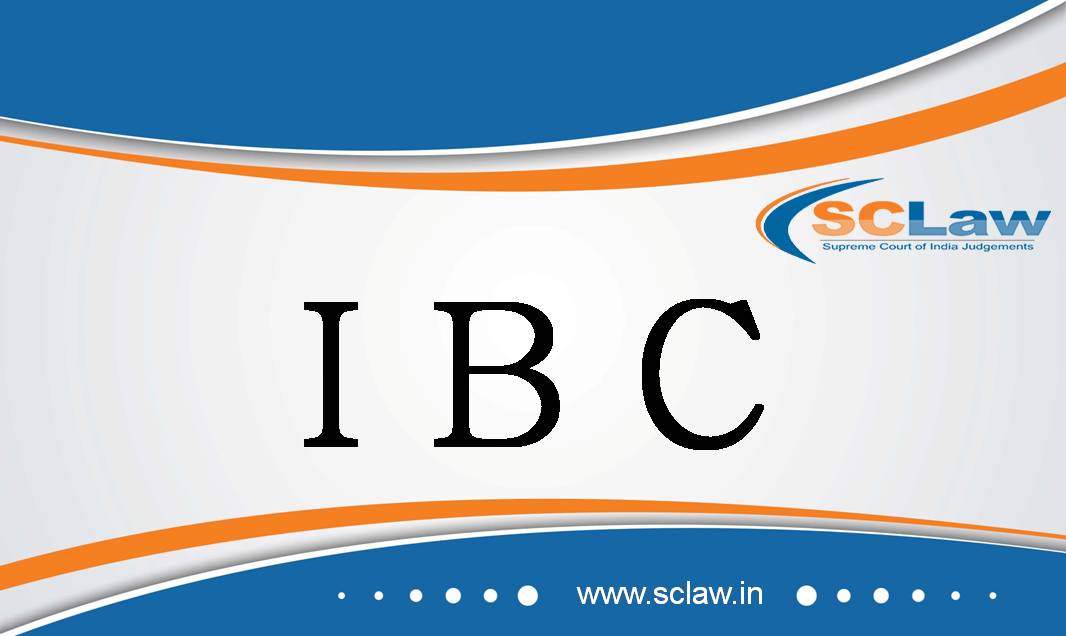IBC – Word “such creditor” in Section 29A(h) has to be interpreted to mean similarly placed creditors after the application for insolvency application is admitted by the adjudicating authority. As a result, what is required to earn a disqualification under the said provision is a mere existence of a personal guarantee that stands invoked by a single creditor, notwithstanding the application being filed by any other creditor seeking initiation of insolvency resolution process.
SUPREME COURT OF INDIA DIVISION BENCH BANK OF BARODA AND ANOTHER — Appellant Vs. MBL INFRASTRUCTURES LIMITED AND OTHERS — Respondent ( Before : Sanjay Kishan Kaul and M.M. Sundresh,…


